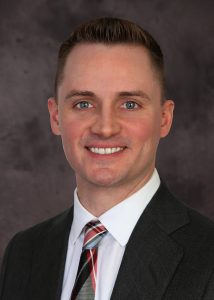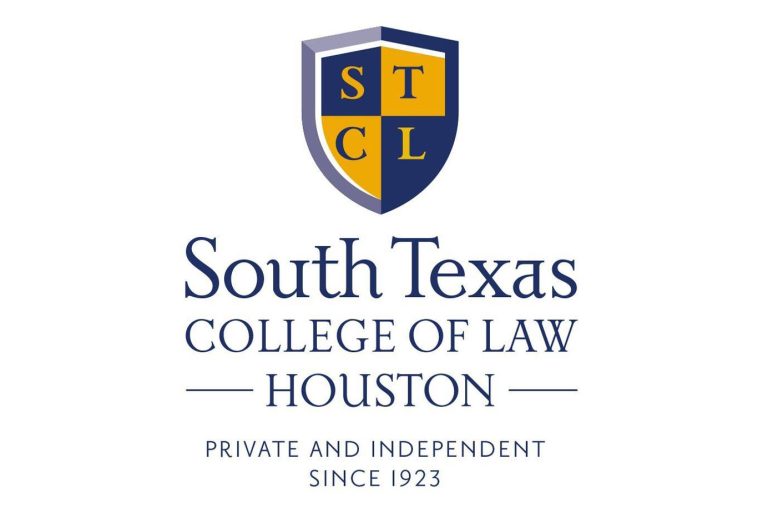 Last week, South Texas College of Law Houston Professor Ryan H. Nelson, joined by Gerstein Harrow LLP and the National Legal Advocacy Network, filed an opening brief with the U.S. Court of Appeals for the Ninth Circuit on behalf of his pro bono client, One Fair Wage. The case raises novel issues of personal jurisdiction, standing, and employment discrimination law and, if successful, would forge a new path for securing nationwide injunctive relief against discriminatory employers despite their employees being forced to sign individual arbitration agreements.
Last week, South Texas College of Law Houston Professor Ryan H. Nelson, joined by Gerstein Harrow LLP and the National Legal Advocacy Network, filed an opening brief with the U.S. Court of Appeals for the Ninth Circuit on behalf of his pro bono client, One Fair Wage. The case raises novel issues of personal jurisdiction, standing, and employment discrimination law and, if successful, would forge a new path for securing nationwide injunctive relief against discriminatory employers despite their employees being forced to sign individual arbitration agreements.
One Fair Wage alleges that Darden Restaurants — the largest owner and operator of full-service restaurants in the United States, with brands like Olive Garden, LongHorn Steakhouse, and The Capital Grille — maintains two nationwide policies that cause servers and bartenders to suffer increased sex and race discrimination.
The first policy requires local restaurant managers to pay servers and bartenders the lowest cash wage that state and/or local law allows. One Fair Wage alleges this policy forces such workers to rely on tips to survive, which increases the sexual harassment that workers endure as a condition of their employment. The second policy requires local restaurant managers to encourage and facilitate customers to tip their servers and bartenders without mediating or guiding that process in any way. One Fair Wage alleges this policy causes workers of color to take home lower wages than similarly-situated white employees.
The issue on appeal is not on the merits of the case, but rather whether a nonprofit corporation like One Fair Wage can file an employment discrimination lawsuit under Title VII of the Civil Rights Act of 1964. Title VII plaintiffs are nearly always employees or rejected job applicants, but Professor Nelson argues that the statute is broader, allowing certain “person[s] claiming to be aggrieved” by an employer’s unlawful employment practices to bring suit. The question before the court is whether One Fair Wage is such a “person claiming to be aggrieved.”
In support of that claim, Professor Nelson argues that One Fair Wage’s interests — improving working conditions for, and correcting discrimination against, restaurant workers — are those sought to be protected by Title VII, as required by Thompson v. North American Stainless, LP, 562 U.S. 170 (2011).
He also argues that the text of Title VII, which defines “person” to include not only individuals but “corporations,” as well, supports a private right of action for nonprofit corporations like One Fair Wage. Finally, he argues that the purpose of Title VII is to facilitate private vindication of the public interest. However, Darden has allegedly prevented its workers from vindicating that interest by forcing them to sign mandatory individual arbitration agreements and compelling employment discrimination lawsuits into arbitration, foreclosing employees from being able to secure nationwide injunctive relief in the face of nationwide discrimination.
The case is an example of the ways STCL Houston professors practice what they teach, bringing contemporary, real-world legal issues into the classroom. The case is One Fair Wage, Inc. v. Darden Restaurants, Inc., U.S. Court of Appeals for the Ninth Circuit, No. 21-16691.
The story has recently made the national news through Reuters and Law360.



